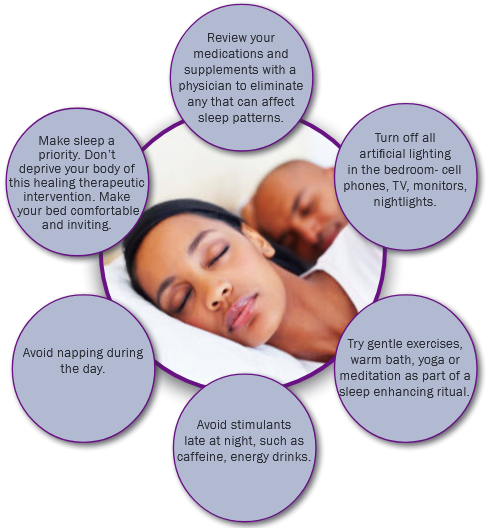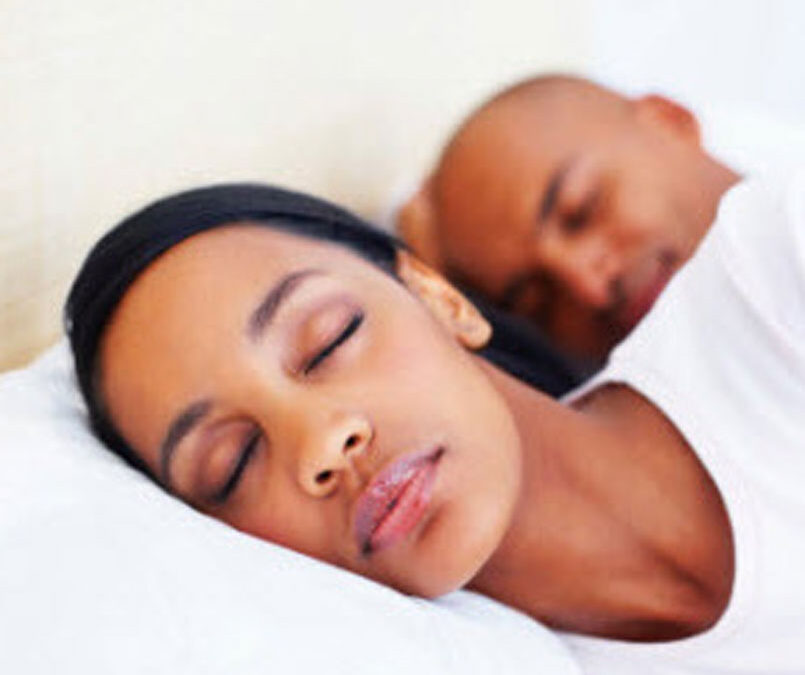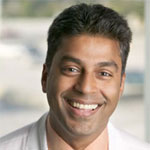It has been one of the greatest mysteries of the human body: why do we need to sleep? At a glance, it doesn’t seem to serve a useful purpose and yet, deprived of sleep, most of us are eventually unable to function.
Studies now show that when we go to sleep the brain actually goes into action with a different series of functions similar to a computer that cleans out and backs up its hard drive overnight. Sleep helps restore and rejuvenate the human brain and body. It improves concentration, sharpens memory skills, regulates our weight, reduces the risk of depression and anxiety and potentially lowers the risk of Alzheimer’s disease, osteoporosis, and cancer.
From a cardiac perspective it reduces the risk for developing type 2 diabetes and helps regulate our autonomic nervous system and stress hormones.Turn off all artificial lighting in the bedroom- cell phones, TV, monitors, nightlights.
Try gentle exercises, warm bath, yoga or meditation as part of a sleep enhancing ritual.Avoid napping during the day. Avoid stimulants late at night, such as caffeine, energy drinks.Make sleep apriority. Don’t deprive your body of this healing therapeutic intervention. Make your bed comfortable and inviting.
Review your medications and supplements with a physician to eliminate any that can affect sleep patterns.During the sleep process the brain shrinks in size and gets rid of toxic byproducts generated by brain cells (neurons) using another set of brain cells previously ignored called glial cells.

If we are unable to get rid of these toxic free radicals they deposit in the brain and can accelerate the development of degenerative brain disorders such as Alzheimer’s. At the same time during sleep hormones that regulate weight, glucose control and body metabolism are resynchronized.
Getting adequate sleep actually enhances your chances to lose weight!The challenge in today’s society is getting enough sleep. It is recommended that we get anywhere between 7-9 hours of sleep. Unfortunately in our 24/7 society getting this much sleep is often considered a luxury.
It is estimated that 70 million Americans suffer from insomnia, 5% have fallen asleep while driving and 4% of the US population is dependent on prescription sleep aids. While these medications provide sleep, they don’t allow the brain to work in the same way that natural sleep does


